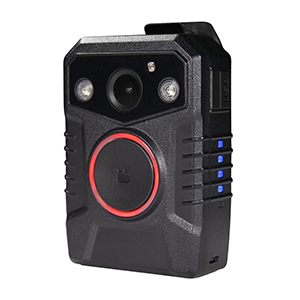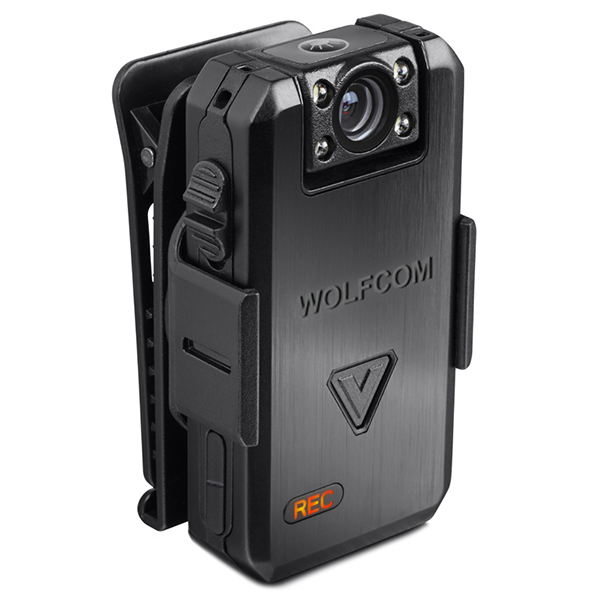The use of body cameras as a law enforcement tool has become widely accepted and encouraged throughout the United States, but it still raises many questions among civilians. One of the most commonly asked questions is “are police body cameras always on?”. And the answer to that varies according to each department’s policies.

There’s a lot more involved in that question than simply turning the body camera on and off. When officers record entire shifts uninterruptedly, they end up with large video files. These files require storage solutions with much more capacity, making this practice more expensive. Seeing as most police departments are underfunded, that route is far less popular than simply turning the cameras on when officers have interactions with the public. Besides, most officers spend a large amount of their shifts in their vehicles, which are, usually, equipped with In-car cameras.
Managing long videos is another huge downside as it’s painfully time-consuming. Imagine having to look for a certain interaction with one single civilian throughout a 10-hour-long video. Police officers don’t have time for that. Not to mention most body cameras can’t record for that long without an external battery pack, which means more expenses and more weight for officers to carry around.

“What stops cops from not turning on their body cameras?”, you might ask. And the answer is simple: police officers have as much to lose as civilians when it comes to lack of evidence of interactions. The public is armed with cellphone cameras everywhere and can release edited versions of videos to incriminate officers. In situations like that, police officers would benefit from having their own videos showing the whole truth.
This matter is much more complex than people tend to imagine, as it directly affects a department’s budget. Recording entire shifts is simply time-consuming and expensive, and everybody hates to see public resources being poured down the drain. Another thing to consider is officer privacy. Especially when using a restroom or speaking with fellow officers on private matters. Videos that are recorded from body cameras that are “On” all the time are considered evidence and it’s quite possible that an officer’s private affairs can become public.
To sum it all up, Body Cameras can’t be on and recording all the time because of the following:
- It will be extremely costly to store an entire days video. Most of which are worthless and of no value.
- Recording all day would require a very large battery that would add more weight for an officer to carry.
- Officers will have no expectations on privacy
Pre-Record Feature
The Pre-Record feature solves this problem, in a way. With Pre-Record enabled, the camera is always on and recording. However, it is only recording in a 60-second loop. The camera continuously rewrites new video over the previous 60 seconds in a non-stop loop. This process is called “Buffering”. When an officer activates his camera, the previous 60 seconds are saved. In the event an officer forgot to turn on his camera, the pre-record feature allows him up to a minute to remember and activate his camera. Some police body cameras like the WOLFCOM Vision camera allows up to 30 minutes of buffering time. The Pre-Record feature also has a very low battery consumption rate when compared to a body camera that is on and recording normally all the time.
